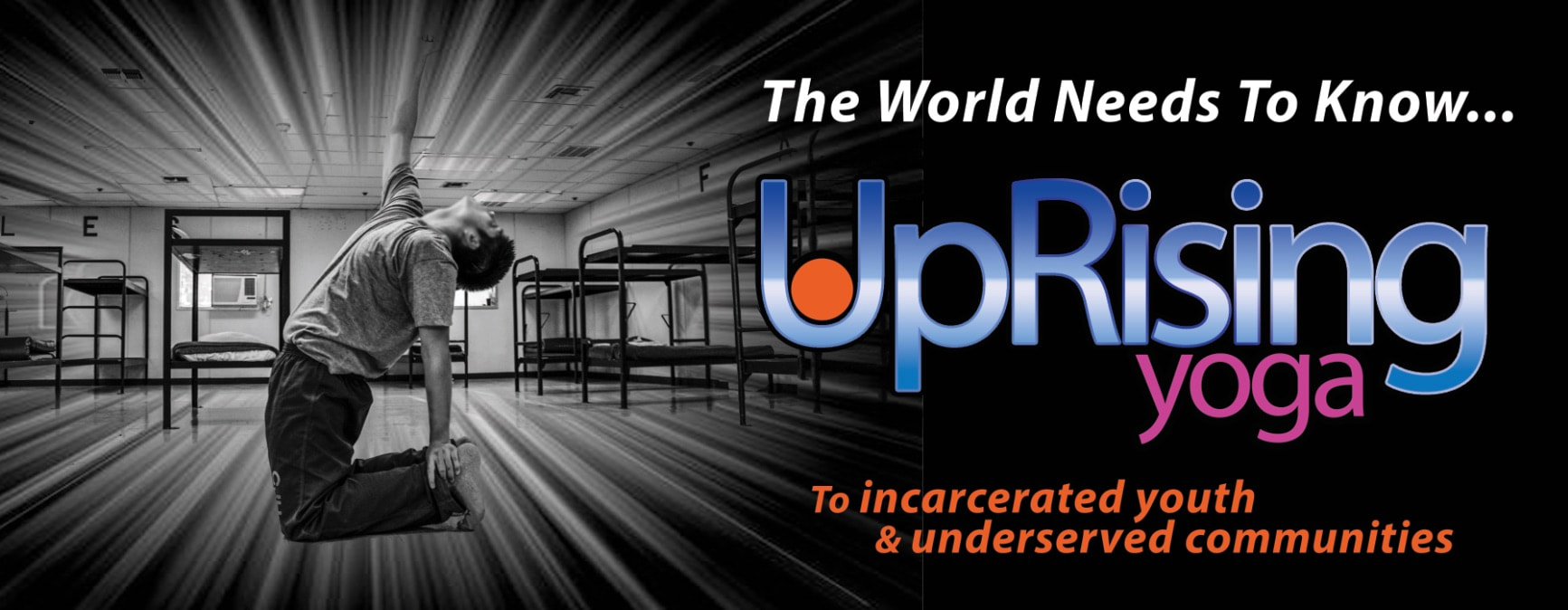|
I have watched with great interest the controversy unfolding in San Diego County over a yoga program being offered at one of their public elementary schools. Its being alleged that it is a First Amendment violation of the US Constitution to teach yoga to the students, because the yoga being taught there has Hindu elements that could be offensive to other religons. On that basis, a group of parents are considering legal action to force the school district to stop the program.
I am not outraged at what is happening in San Diego. Frankly, I'm not surprised. I have taught and practiced yoga for over ten years, and I have been a witness to its powerful health benefits. As the founder of UpRising Yoga, an organization dedicated to bringing yoga to at-risk youth, I have also been a part of the movement to offer yoga as a therapeutic tool in public institutions. In addition to schools, yoga is being offered in prisons, juvenile detention facilities (where I mainly teach) and clinics. But most "regular" people think yoga only belongs in dimly lit studios with incense, chanting and bongo drums. On a certain level, I understand the concern of the parents, and it is incumbent upon those who would introduce a program of any kind to a public institution to communicate why it belongs there. And that's where the problem is. I dont think we do a very good job of selling yoga to people who dont practice yoga. And the people that do practice yoga fully expect people who dont practice yoga to accept without question that it works. I think that, if yoga is to have a place in a public facility such as a school (and I firmly believe it should), then we supporters of yoga have a profound responsibility. First and foremost: we must be able to articulate why, in the clearest of terms. As practicioners, teachers and advocates of yoga, we cant just be satisfied telling each other how great yoga is, then be shocked if others arent convinced. We have got to do a better job to explain this wonderful practice. Pharmaceutical companies do a great job of proving why people need their products to lose weight, treat depression, cure insomnia, etc. They have piles of studies they can cite. In contrast, there are very few studies of yoga. There must be more scientific studies that prove that the coordinated stretching and breathing that forms the basis of any yoga reduces stress, improves health and can be a profound benefit to anyone that does it on a daily basis. We need to welcome the questions of the skeptics. Why should a prisoner practice yoga? Why should a child take a yoga class in school? Why should a recovering addict practice yoga? And we need to communicate the answers in a way people can understand. For me, the situation in San Diego has presented a great opportunity to ask some bigger questions. As an advocate of yoga: am I explaining the benefits of yoga, or am I just assuming that people understand? As with much in this life, the ability to communicate is essential, and the failure to do so can be disastrous. The yoga community can and needs to do a better job of explaining itself.
2 Comments
Nick
10/24/2012 01:38:52 pm
Thought provoking piece...very timely...!
Reply
10/25/2013 12:27:08 am
I liked your blog and went ahead and created a weebly blog too!
Reply
Leave a Reply. |
Archives
June 2024
Categories |



 RSS Feed
RSS Feed